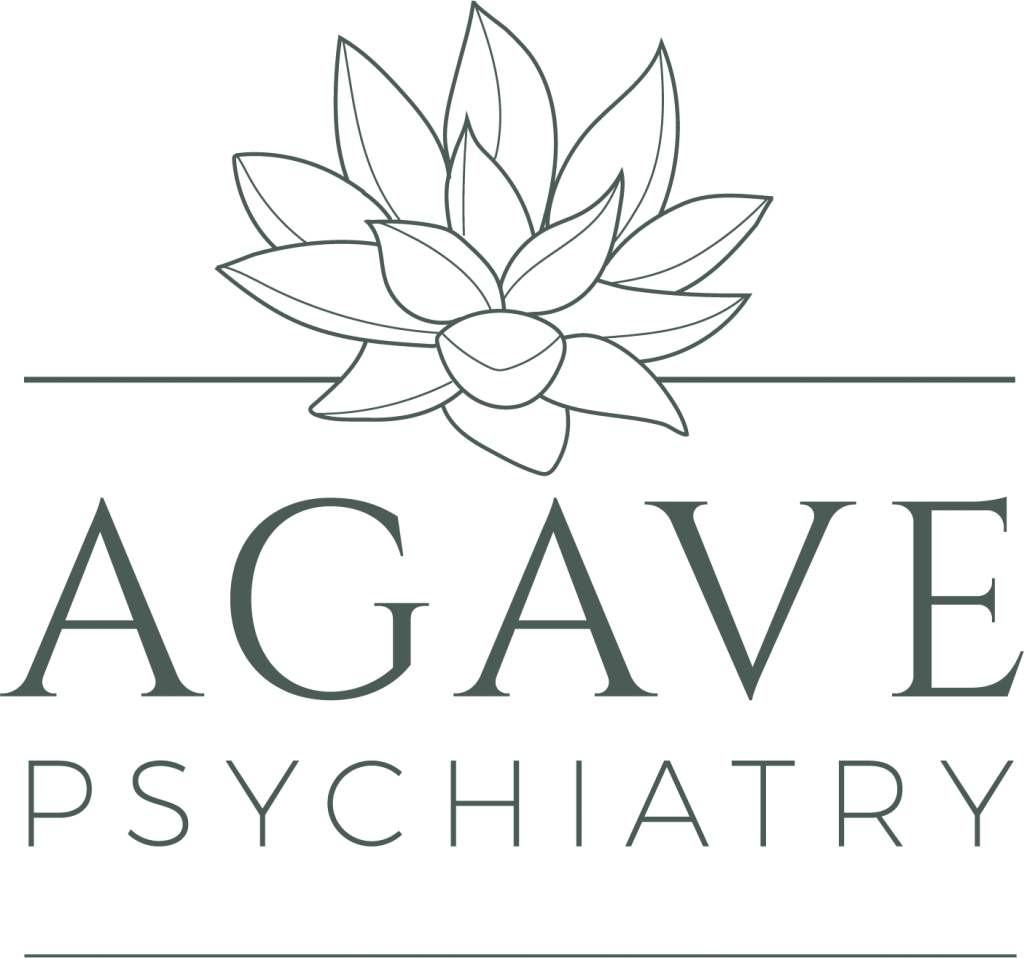Many people will experience a depressed mood during their lifetime and they may feel like a dark cloud is constantly hovering over them. Depression is characterized by a variety of symptoms in addition to a low mood. This can include issues with motivation, energy levels, ability to focus and concentrate, appetite and sleep disturbances, feelings of hopelessness, and thoughts of self-harm.
Treatment-Resistant Depression
Clinical studies have demonstrated that almost 1 in 5 adults will experience a condition called Major Depressive Disorder (MDD) during their lifetime. MDD, also known as clinical depression, is typically treated with medication and/or talk therapy. Some people will respond very well to this traditional treatment course but clinical studies have repeatedly demonstrated that some patients may need additional assistance. These individuals suffer from Treatment-Resistant Depression and need alternative treatment options in order to provide improvement for their symptoms. At Agave Psychiatry, our skilled team of clinicians understands the importance of adequate depression treatment.

Common Symptoms of Depression
Depression:
Having a low, or depressed mood is an obvious symptom for individuals dealing with depression. You may notice that you “just don’t feel like yourself anymore”. This may be present all day, or for the majority of your typical day. It may seem as though it is worse at different times throughout the day depending on the situations that you are dealing with.
Anhedonia:
This is a medical term that means that you are no longer finding pleasure in activities that you previously enjoyed. It is a frequently observed primary symptom in people suffering from depression. You may avoid being around friends and family because you don’t find any interest in attending events, engaging with others, or even making simple conversation. Some people may stop exercising or participating in hobbies that would normally provide enjoyment. The inability to experience pleasure can have a severely negative impact on your quality of life.
Low Energy:
Experiencing a low energy level will frequently be associated with people dealing with depression. This may make it difficult to start your day or to participate in daily activities like working, engaging with friends or family, or exercising regularly.
Difficulty with Focus and Concentration:
You may notice that your ability to be productive at home, work, or school will decline if your mood is depressed. The quality of your work or studies may decrease as an unfortunate byproduct of managing depression. Some people describe that when they are reading it is harder to remember key facts and it may be significantly more difficult to learn new tasks.
Poor Motivation:
Depression can feel like it is “taking over your life”. You may experience a severe drop in the desire to complete assignments or even attend work or school. This is a common consequence of a depressed mood. Many people will avoid chores that they know are important in their life. Depression appears to decrease a desire to be productive in various aspects of your life.
Appetite changes:
Feeling depressed will cause some individuals to decrease their food intake. You may feel sluggish and even the thought of eating can seem like it is too much work. The decrease in appetite can lead to unintended weight loss and the potential for medically serious changes. Others will attempt to “feed their depression”.
Studies have shown that eating food can release dopamine in your brain which is a function of a reward pathway that further reinforces your desire to eat more food. In these situations, feeling depressed can lead to significant weight increases. Some people who are feeling severely depressed will gain >10% of their baseline body weight. This is considered clinically significant weight gain that may largely be due to untreated depression.

Sleep issues:
Depression will commonly impact your sleep cycle. It may become difficult to fall, or stay, asleep. The presence of a low, depressed mood may impact your routine thoughts and it can feel as though you can’t “turn your mind off” at night. This may lead to insomnia and decreased sleep length or sleep quality. Depression may also cause people to sleep for much longer durations. Adults typically need 7 to 9 hours of sleep per night but individuals who are depressed may find that they are sleeping 10-12 hours per day. Their depressed mood leads them to sleep longer due to not having the energy to start their day.
Hopelessness or Suicidal Ideation:
A severe consequence of depression is the presence of hopelessness which may lead to suicidal ideation (suicidal thoughts). Some individuals who are severely depressed may feel as though their situation is hopeless and will never improve. This can have dangerous implications if depression leads to suicidal thoughts which may require hospitalization for stabilization treatment. Depression has been described as a liar and deceiver in those people who are depressed may feel that others may be better off without them. This is an unfortunate consequence of the depressed mood but there is hope available.
If you are currently experiencing suicidal thoughts, please call/text 988 which has been established as a suicide and crisis lifeline.
Options for Treating Depression
At Agave Psychiatry, we offer treatment options that are tailored to your specific situation. There are a large number of FDA-approved medications that have been proven to be safe and effective and this may be combined with talk therapy in order to maximize results. Our psychiatrists will work with you to find the right treatment plan.
Medication Options
Antidepressants typically work by allowing for an increase of serotonin in your brain. Low serotonin levels have been scientifically validated as having a negative impact on your mood. Most antidepressants will increase the serotonin level in your brain in an attempt to improve your depression level. Some antidepressants also increase a second neurotransmitter, Norepinephrine.
Studies have found that low norepinephrine levels are also attributed to increased depressive symptoms. Additional medications function via increasing dopamine which may help to increase your motivation levels as it works to improve your mood. During your initial assessment at Agave Psychiatry, multiple treatment options may be discussed.

Begin Online Depression Treatment in Arizona
Feelings of depression can impact every aspect of your life, making it impossible to function normally. However, there is hope. If you are struggling with symptoms of depression our team of skilled clinicians is here to help you understand and manage them effectively. At Agave Psychiatry we are committed to providing the best quality care to our clients so they can move forward with their lives in a positive and meaningful way. Follow the steps below to get started on your journey to healing.
- Get to know our skilled team of Clinicians here.
- Fill out our convenient online mental health contact form here.
- Begin your journey to healing!
Other Online Mental Health Services Offered at Agave Psychiatry
In addition to depression treatment, we also offer a wide variety of other mental health services. These include treatment for Anxiety, Outpatient Substance Abuse Treatment, ADHD, Insomnia, PTSD, Eating Disorders, and Nutritional Psychiatry. In fact, we offer online treatment for both adults and children and adolescents in the state of Arizona.

